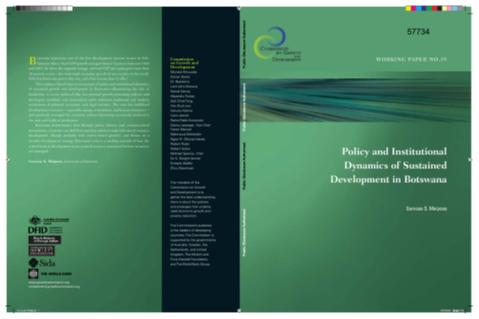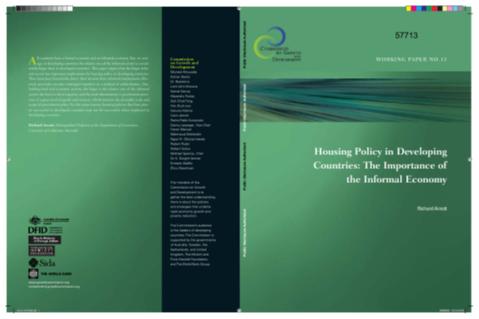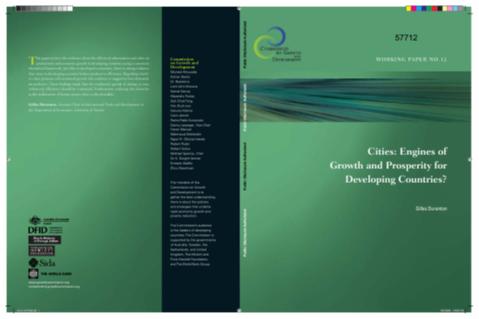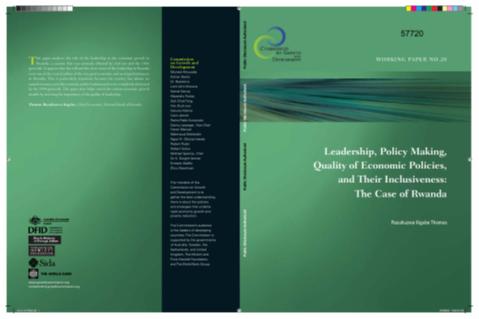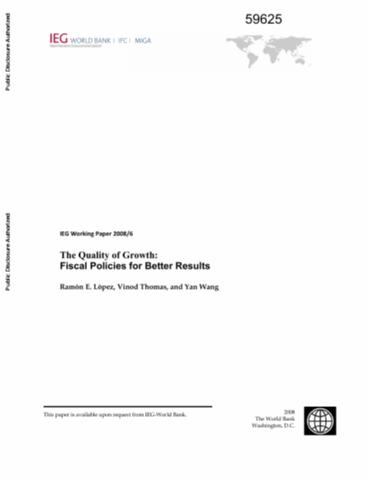Policy and Institutional Dynamics of Sustained Development in Botswana
Botswana represents one of the few development success stories in Sub-Saharan Africa. Real Gross Domestic Product (GDP) growth averaged almost 9 percent between 1960 and 2005, far above the Sub-Saharan Africa average. Real GDP per capita grew even faster, averaging more than 10 percent a year -- the most rapid economic growth of any country in the world. The crucial question is: Why has Botswana grown the way it has done, and what lessons does it offer?

